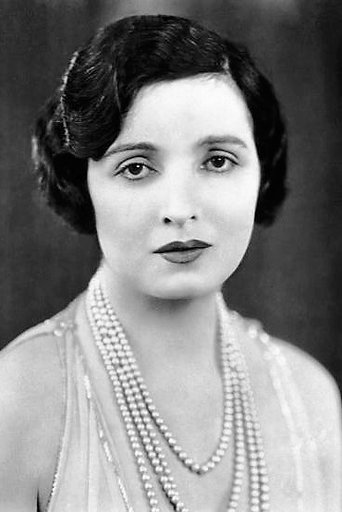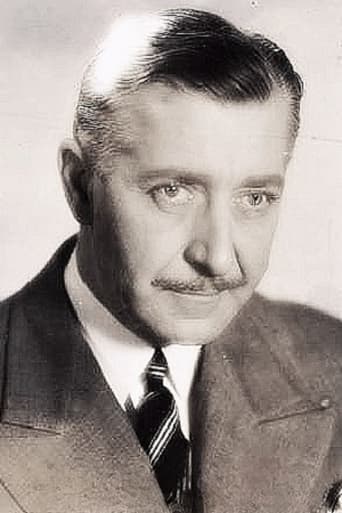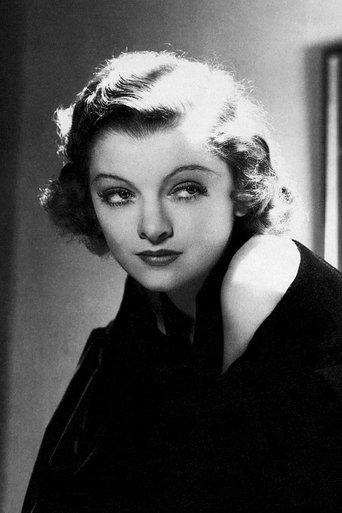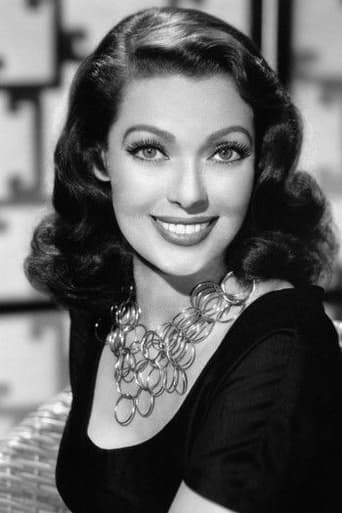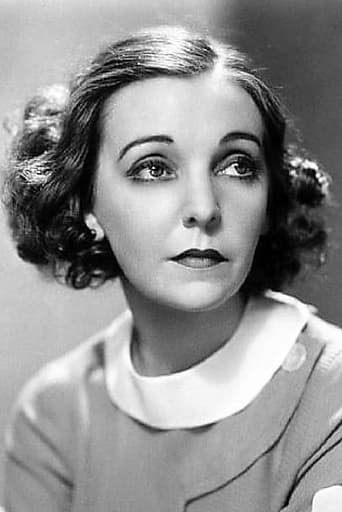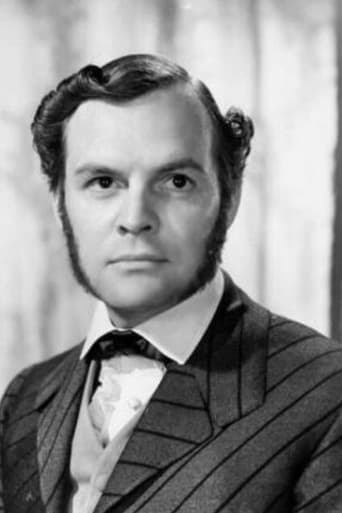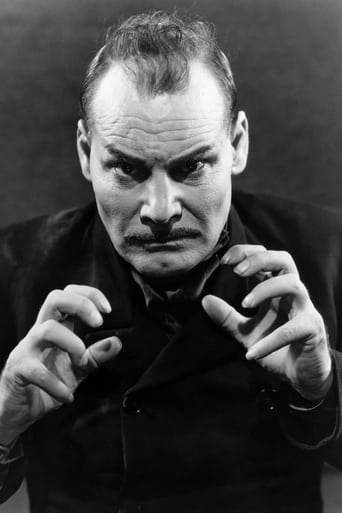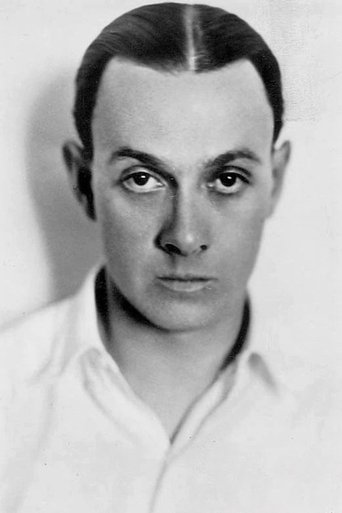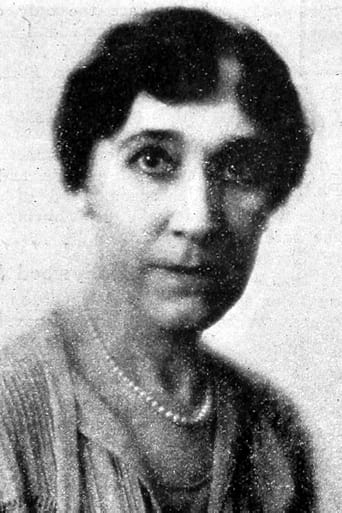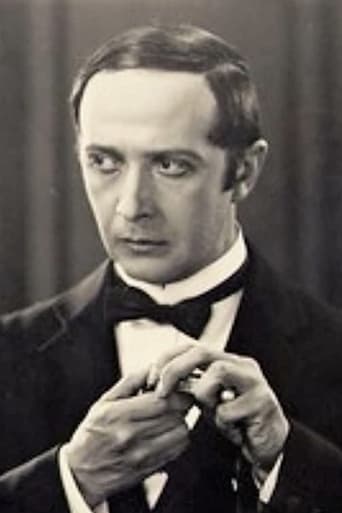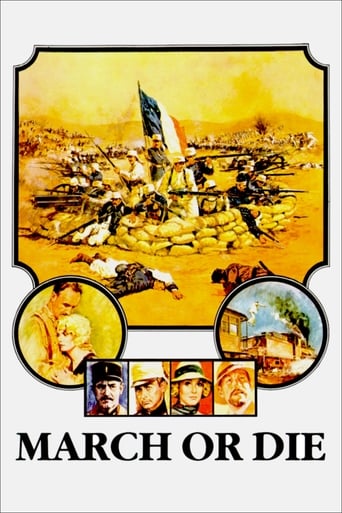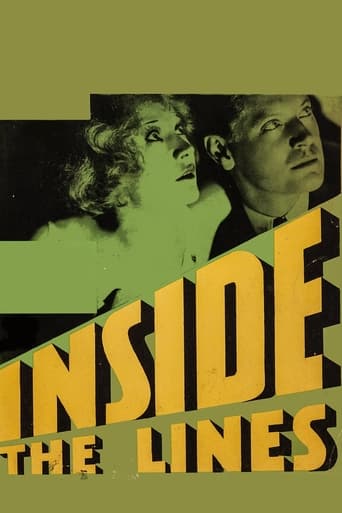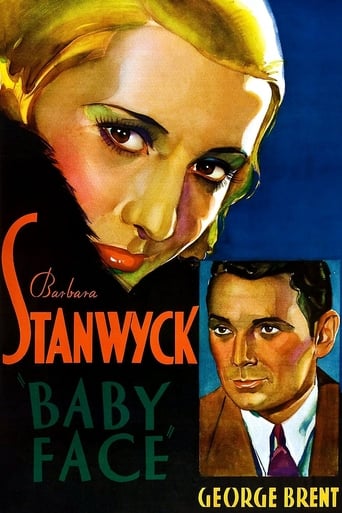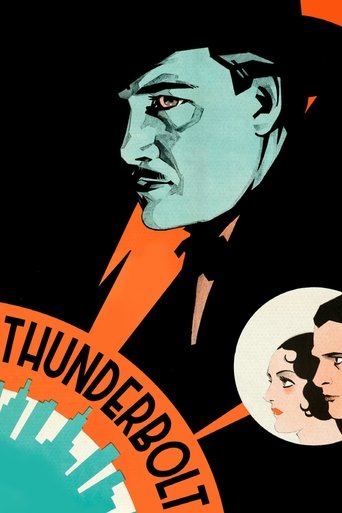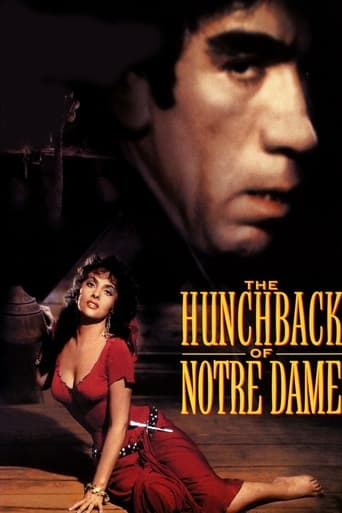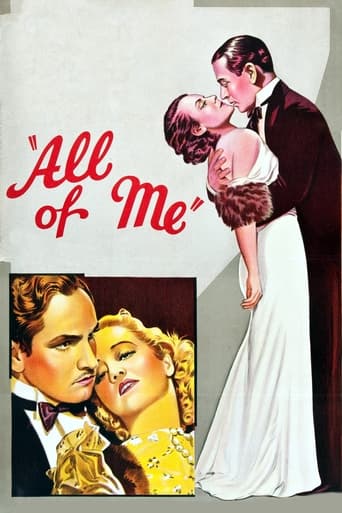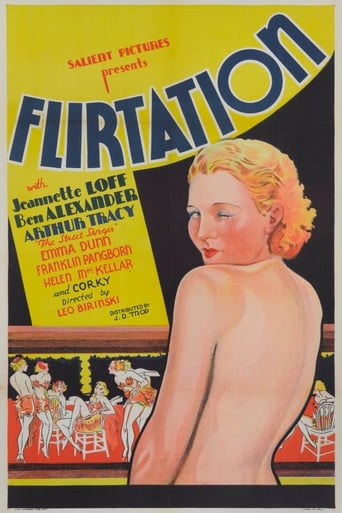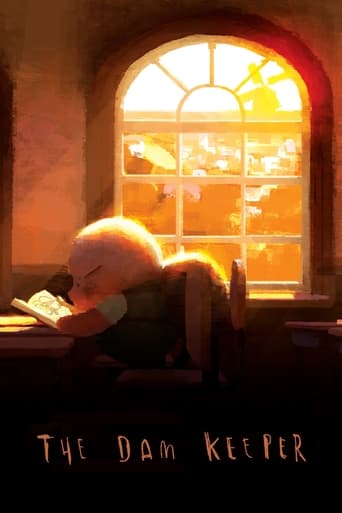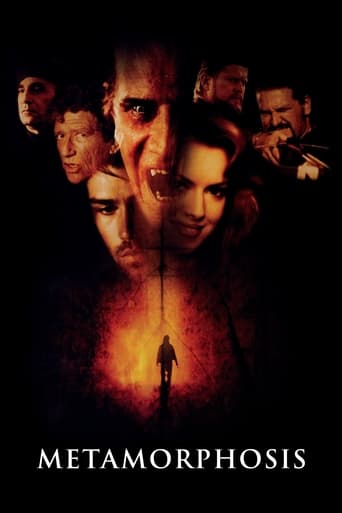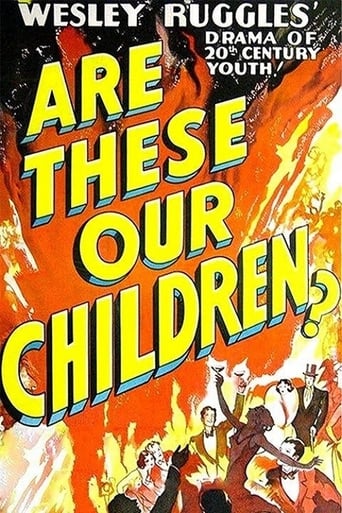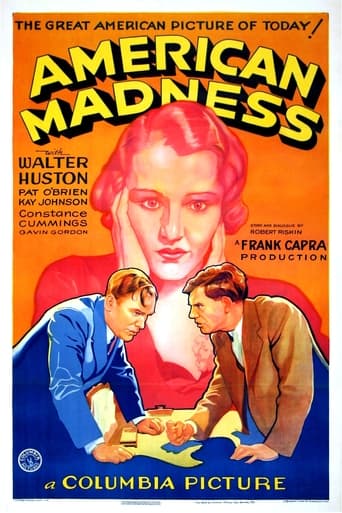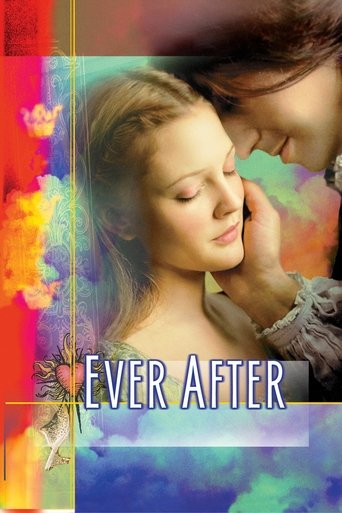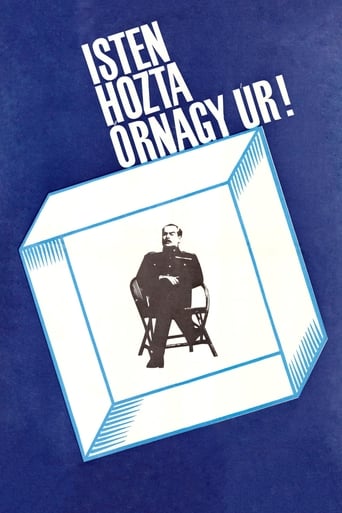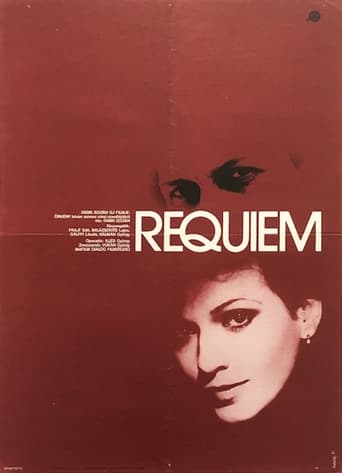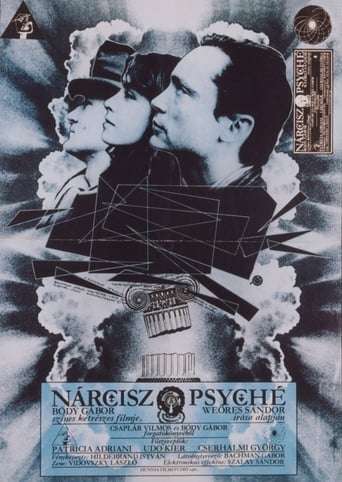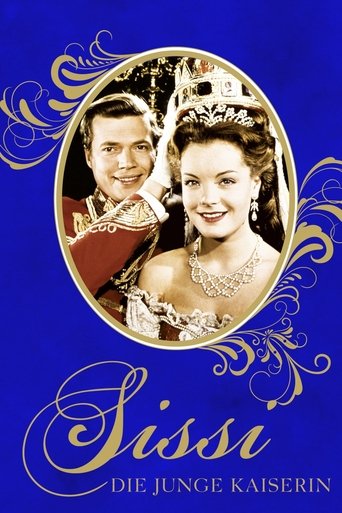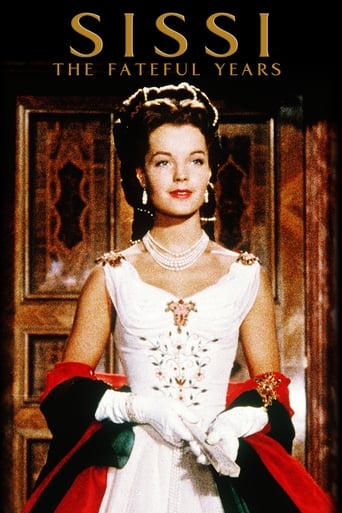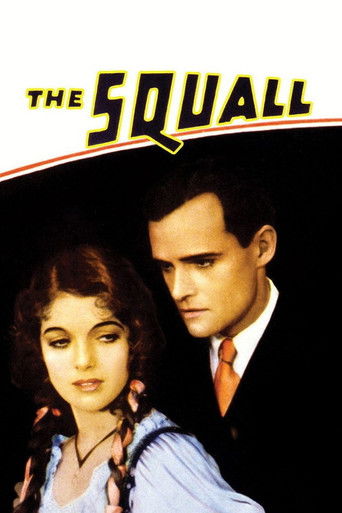
The Squall (1929)
A fiesty, sexy and manipulative gypsy disrupts the lives of a conservative farm family.
- Alexander Korda
- Bradley King
- Jean Bart
- Bradley King
Rating: 3.4/10 by 5 users
Alternative Title:
Country:
United States of America
Language:
English
Runtime: 01 hour 42 minutes
Budget: $0
Revenue: $0
Plot Keyword: gypsy, hungary, windmill, pre-code, temptress
I give the film a lot of points for being a well preserved early talkie. It is very obvious that sound was very new to many involved, and the performance suffers from it. > **Review from Variety, May 15, 1929 > The Squall > (ALL DIALOG)** > > First National production and release. Directed by Alexander Korda, based on Bradley King's arrangement of the Jean Bart play. Recorded on Western Electric disc system, with musical score credited Leo Forbstein. At Central May 9, twice daily, $2 top. Running time 104 minutes. > > Nubi Myrna Loy > > Josef Lajos Richard Tucker > > Maria, his wife Alice Joyce > > Paul Carroll Nye > > Irma Loretta Young > > Peter Harry Cording > > Lena Za-Su Pitts > > El Moro Nicholas Soussanin > > Uncle Dani Knute Erickson > > Niki George Hackathorne > > "The Squall," on screen especially if not on stage could have been written around Harry Rosenthal's privately distributed little song, "When I Lay in the Hay." As a picture this First National will get its quota of money in the regular houses for it's full of make and hay. Otherwise it's too much padded and it's not $2. Of course not $2, so few are. > > The hay thing is suggested by Myrna Loy as Nubi, the gypsy girl who blew the troupe, landing in a farm house, seemingly knowing every haystack in the territory. That's where she made her dates, on the sunnyside of a stack. And on the make she did a cleanup in the farmhouse, from the hired man to the son and his father. The only one Nubi muffed was the grandfather, and, from what the girl did do the old man would have been a pushover for her. > > At the Central the picture ran past its logical ending. That should have been when Nubi had to go back to the gypsies and the horsewhip. She didn't bust up the home, after all, but she put several bad dents into it. For Nubi as a gypsy was a gyp out for jewelry, etc, probably the queen of the dirty-skinned gold diggers. > > Miss Loy's overconfidence in her gypsy sex prowess is doubtless the fault of the script. It is sadly apparent after the first 15 minutes what is going to happen in the remaining hour. This in itself blunts the edge for suspense. Bromides and dead pan performances by several in the cast provide an unexpected amusement at times. > > Had the camera shunned close-upping Alice Joyce during her talking moments, Miss Joyce's mother who knows all but keeps mum would have been meritorious. As it is, this actress' endeavor to articulate within a few feet of the lens, coupled with a voice of monotone register, impresses as sound conscious. Her manifestations become marked, as does the audience inclinations to giggle, as she discovers the gypsy's wrecking tactics. Miss Joyce's "Oh, My God!" or "Go to your room" which she delivers numerous times to Nubi and her son, Paul, become more hacked and amusing, since the same tonality is there. > > Perhaps the most natural performance is rendered by Za-Su Pitts as Lena, the house servant, whose boy friend, Peter, is the first to fall. The big Harry Cording, with a ferocious expression but light voice and select English, essays Peter excellently when he is not talking. > > Loretta Young as the innocent Irma, betrothed to Paul, played by Carroll Nye, is a beautiful screen subject. Her voice, however, is identical with commencement exercises in a grammar school. Nye gives a stereotyped juvenile performance. > > The inconsistent father, Josef Lajos, is played by Richard Tucker. Here, also, Tucker shows flashes of an ability cramped by directorial command. > > Like the opening and closing of some theatrical shows of yore, a gang of geese and some oxen indicate the beginning and ending of each day by being paraded out of the barnyard in the morning and returning in the evening. The first few times their passing is interesting, but after that the blare of sound quacks and scientific renditions of chicks klucking becomes irritating. > Waly.

